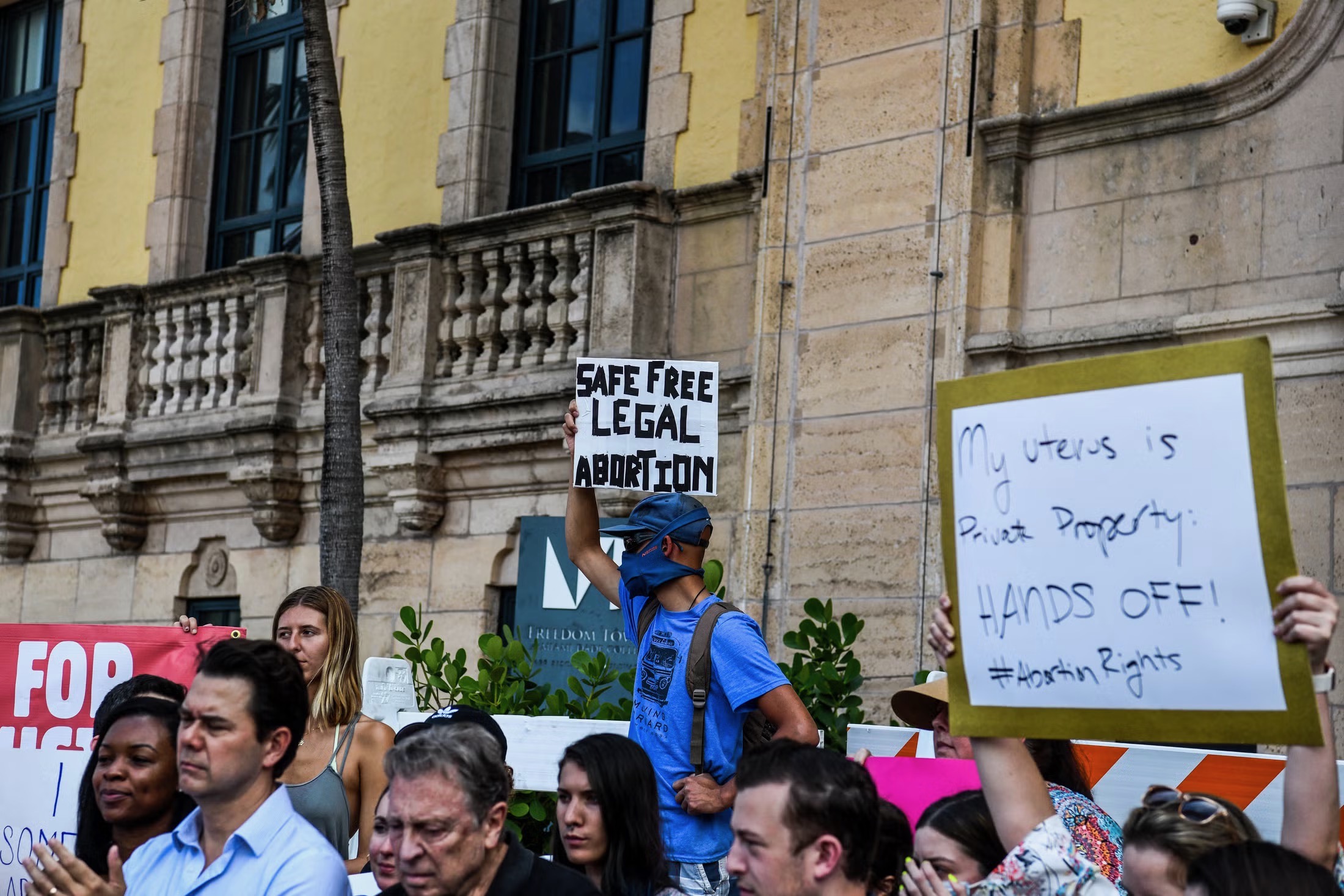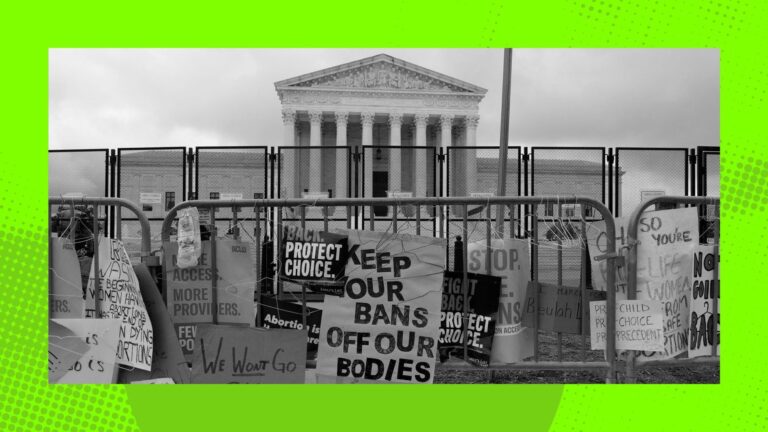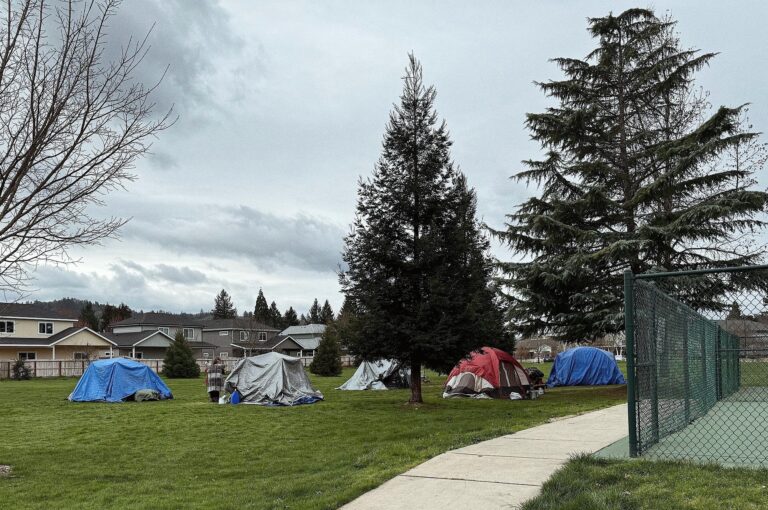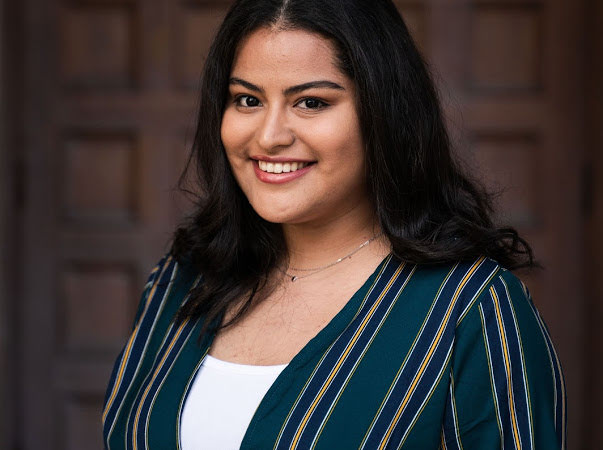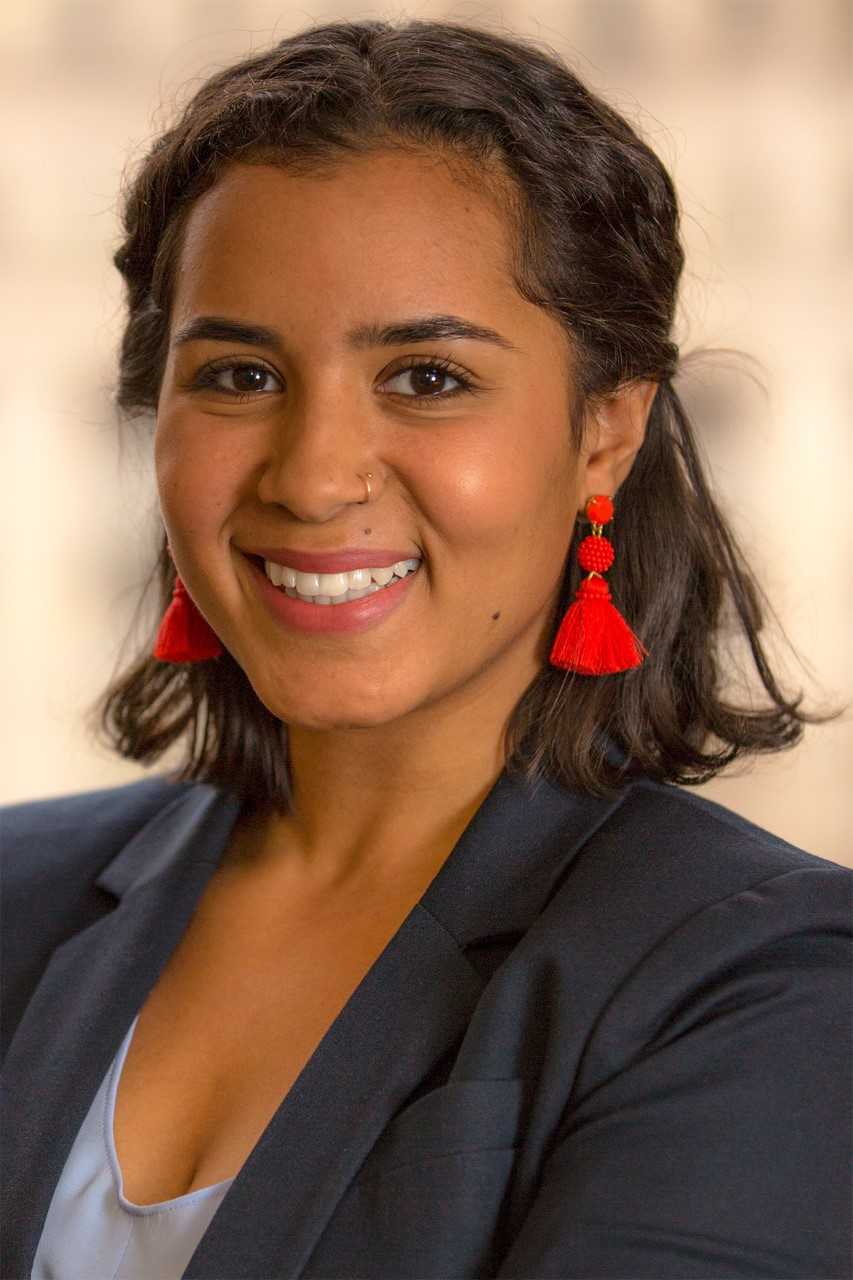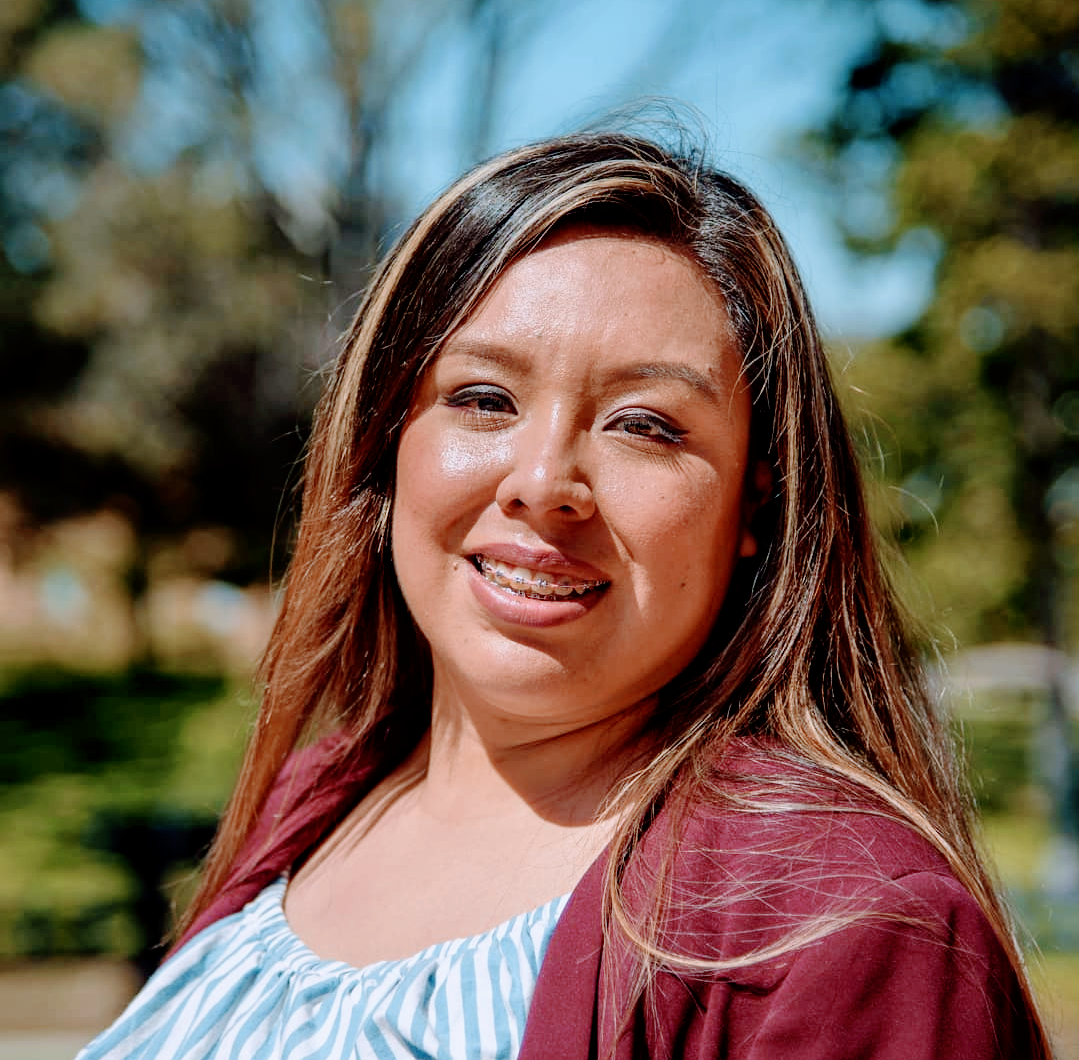California makes the case for reparations
Watch This
The following documentary features Equal Justice Society, a ChangeLawyers Legal Empowerment Fund grantee partner.
I’m a retired Supreme Court Justice. What my former colleagues just did to women is indefensible
Say It Louder
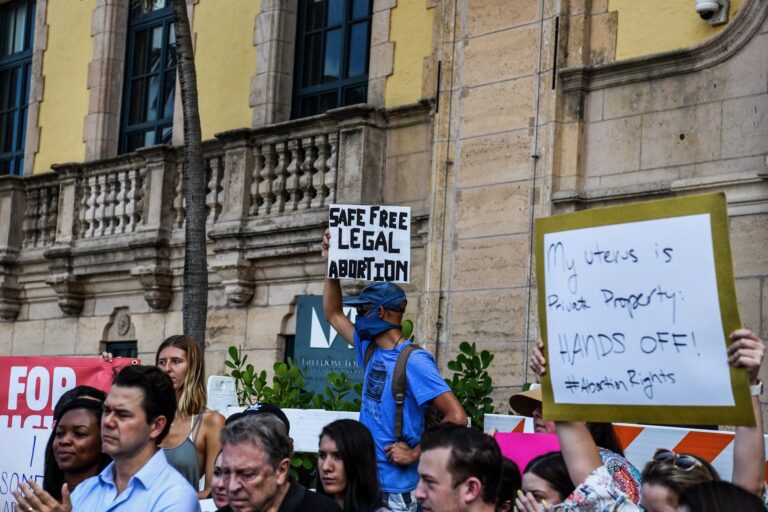
Justice Barbara Pariente served on the Florida Supreme Court from 1997-2019.
On April 1, the Florida Supreme Court, in a 6–1 ruling, overturned decades of decisions beginning in 1989 that recognized a woman’s right to choose—that is, whether to have an abortion—up to the time of viability.
Anchored in Florida’s own constitutional right to privacy, this critical individual right to abortion had been repeatedly affirmed by the state Supreme Court, which consistently struck down conflicting laws passed by the Legislature.
Tellingly, the justices at the time acknowledged that their decision was based not only on U.S. Supreme Court precedent but also on Florida’s own privacy amendment.
I served on the Supreme Court of Florida beginning in 1998 and retired, based on our mandatory retirement requirement, a little more than two decades later. Whether Florida’s Constitution provided a right to privacy that encompassed abortion was never questioned, even by those who would have been deemed the most conservative justices—almost all white men back in 1989!
Read the rest on Slate
Arizona judges revive zombie law to control women’s bodies
Speaking Of...
The Arizona Supreme Court issued a 4-2 ruling on Tuesday afternoon that revived an 160-year-old state law that legally bans abortion care in the state. By doing so, the court effectively nullified a 2022 law that banned abortion after 15 weeks. “Physicians are now on notice that all abortions, except those necessary to save a woman’s life, are illegal,” wrote Justice John Lopez IV for the majority.
In 1864, before Arizona was even a state, its territorial legislature passed a law that outlawed abortion, and made helping someone get an abortion punishable by two to five years in prison. A state court enjoined enforcement of the law after the U.S. Supreme Court decided Roe v. Wadein 1973, but the ban remained on the books. Meanwhile, Republicans in Arizona kept trying to find ways to restrict abortion rights as much as Roe would allow, and in 2022, the legislature enacted a law prohibiting physicians from performing abortions after fifteen gestational weeks, except in medical emergencies. The question the Arizona Supreme Court had to decide in this case, Planned Parenthood v. Mayes/Hazelrigg, was what law is in place now that the U.S. Supreme Court has overruled Roe.
Read the rest on Balls & Strikes
The case that could criminalize homelessness
Less Of This
When the Supreme Court hears the case of Grants Pass v. Johnson later this month, the justices will consider how far cities can go in policing homeless people. But just as the court swept away a half-century of precedent by overturning Roe v. Wade, the justices could use this case about homelessness to upend how we interpret four key words in the Bill of Rights — “cruel and unusual punishments.” Their decision could have ramifications across a wide swath of the criminal justice system, including prison conditions and the death penalty.
Read the rest on Marshall Project




